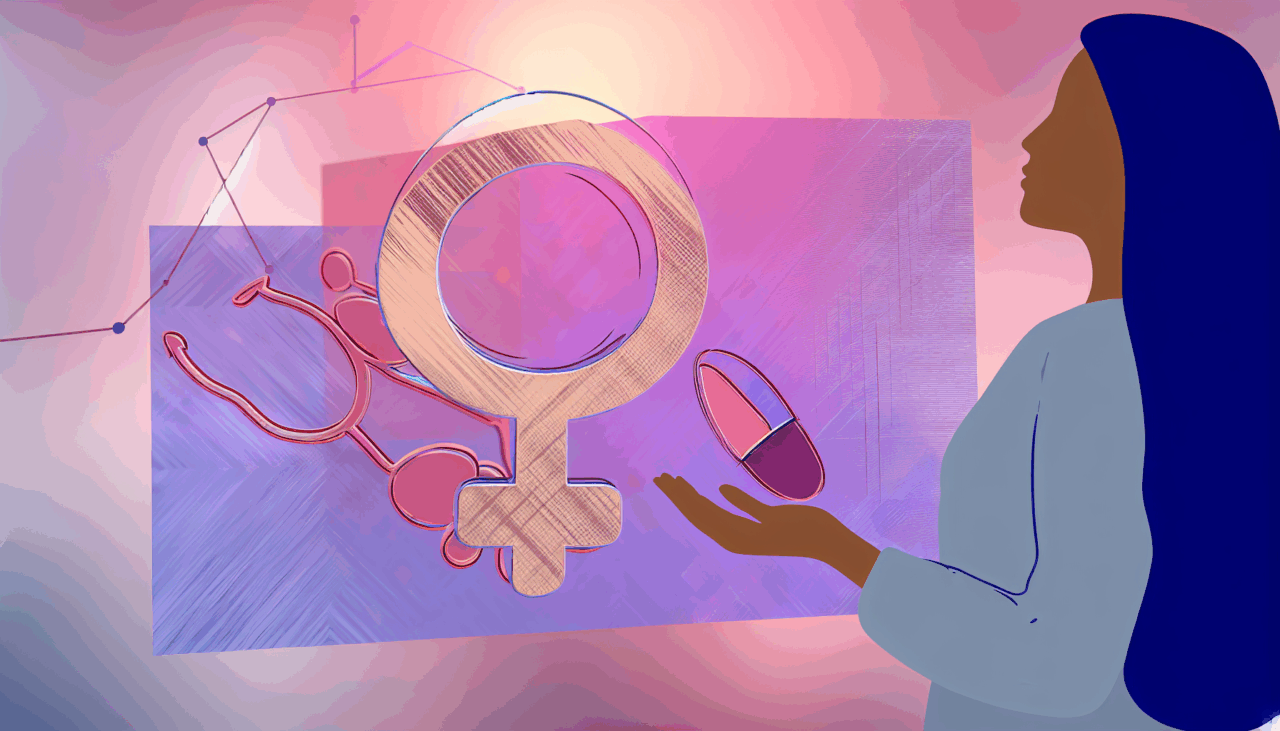The Unseen Impact of Menopause on Mental Health
Menopause is a natural phase in a woman’s life, marked by significant hormonal changes. However, these changes can lead to severe mental health challenges, including suicidal thoughts. Unfortunately, healthcare systems often fail to recognize or adequately address this crisis. Recent research highlights the critical need for better understanding and treatment options for women experiencing menopause-related mental health issues.
Research Findings: A Troubling Pattern
A recent study involving interviews with 42 women who experienced suicidal thoughts during perimenopause or menopause reveals a concerning trend. Despite clear guidelines, many women are prescribed antidepressants instead of hormone replacement therapy (HRT) for menopause-related low mood. This mismanagement can exacerbate symptoms rather than alleviate them.
Rising Suicide Rates Among Midlife Women
Over the past two decades, suicide rates have increased among women aged 45 to 55, coinciding with the menopausal transition. Yet, the role of hormonal changes in this mental health crisis is often overlooked. Women in the study reported feelings of hopelessness and entrapment, questioning their life’s purpose and value.
Gaps in Medical Knowledge and Care
The research highlights significant gaps in medical knowledge and care. Many women face delays in receiving appropriate HRT and are often misdiagnosed. General practitioners frequently lack a basic understanding of how hormones impact mental health, leading to inadequate treatment.
The Broader Context: Midlife Pressures
Menopause does not occur in isolation. Women in midlife often juggle multiple responsibilities, including caregiving, career pressures, and domestic demands. These pressures, combined with biological changes, create a complex mix of physical and emotional strain.
Historical Dismissal of Women’s Hormonal Suffering
The dismissal of women’s hormonal suffering has deep historical roots. The outdated diagnosis of female “hysteria” once justified extreme treatments. Although the term is no longer used, its legacy persists in the minimization of women’s hormonal experiences as exaggeration or overreaction.
Signs of Change and the Need for Action
There are signs of progress. In 2021, a UK government report made recommendations to support menopausal women in the workplace. In 2024, clinical guidelines were updated to recommend psychological support for early menopause. However, the suicide risk for midlife women remains inadequately addressed in menopause guidance.
The Importance of Timely and Appropriate Treatment
Many women in the study reported significant improvements in mental well-being after receiving timely HRT and support from healthcare professionals who listened to their concerns. While not all women will benefit from hormone replacement, all deserve to have their hormones checked and to be offered treatment when appropriate.
Conclusion: Recognizing the Crisis
The silence around menopausal mental health has persisted for too long. It is crucial for healthcare services to recognize this crisis as a matter of life and death. Women deserve informed, supported, and serious consideration of their hormonal health needs.
🔗 **Fuente:** https://medicalxpress.com/news/2025-10-mental-toll-menopause-women.html

